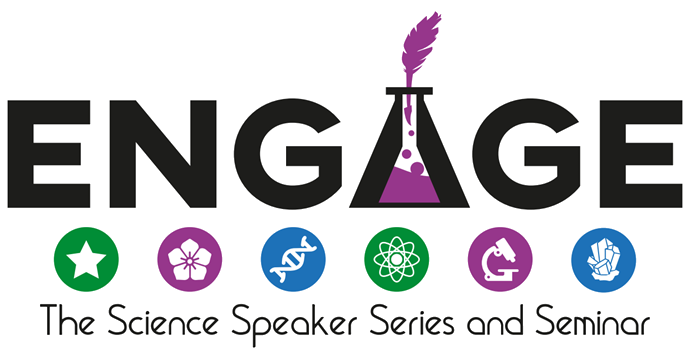Hi Scientist, You Can Be a Poet Too
A word poem describing an experiment, by Angelina Zhang
From a scale of one to five, rate the lab instructor’s effectiveness in teaching
From high to low, your involvement in the course was:
Above questions my students were asked as part of a course evaluation form for a chemistry lab class that I TA’ed for. It’s a typical form and often, students won’t fill it out.
It’s okay, I’m also guilty of not submitting these.
However, as an undergrad doing my senior thesis, I was asked by one of my advisors, Dr. Mala Radhakrishnan, to consider a different kind of evaluation: writing a poem to reflect on our thesis journey.
Why poetry? Well, Dr. Radhakrishnan is a computational chemist, and she’s also a poet. That year, she and Dr. Sam Illingworth had published a study titled, “I am here because I wanted to shine”: how poetry can be used to better understand undergraduate students’ first-year chemistry or related course experiences.”1 The premise was to better understand students’ experiences in the course through a nontraditional evaluation method, giving students a chance to express their personal, cultural, and social values in relationship to the material they were learning in the course.
Still, imagine being asked as in your Chemistry 101 class to submit poems as a form of course reflection and self-reflection. I would have thought I signed up for the wrong class.
Science, especially science writing, is often technical and precise, while poetry draws on metaphor and ambiguity. But let’s challenge our understanding of this forced dichotomy of STEM or non-STEM. The Poetry Foundation finds that science poetry “seeks balance between conveying human experiences and scientific concepts.”2 Scientific language adds another dictionary of words and meaning to a poet’s repertoire – allowing for the literal meaning of scientific jargon and the figurative play on words. While I might feel compelled to share in a survey that I enjoyed or hated a course, that same survey would not be somewhere I share that as a queer woman in STEM, it’s sometimes hard to be in a field that asks you to leave identity at the door. However, a student’s success in STEM is often linked to their gender, racial, and socioeconomic identity – factors outside of the classroom, which don’t normally emerge in your standard course evaluation form.
From the poems submitted in Dr. Radhakrishnan’s class, four main themes emerged: knowledge, community, emotions, and identity. The knowledge a student has gained might be perceivable through their grade or through the course evaluation form, but the latter three, not so much. In the poems, the researchers found that they were able to understand how students’ perceptions of their competency, beliefs, gender, and sense of belonging impacted their feelings towards the course. For instance, from the poem referenced in the title of the study, a student composed:
“I am here because I wanted to shine/ In a mass of women/ Who are equally so sublime/ But when we bond/ Their touch burns/ And my heart turns solid/ My stomach churns…/…Sometimes I ask if I should even be here/ As my peers look at me in spite…/…I belong here/ No matter what paradoxes come in sight/ Even blackholes/ Won’t stop my fight (Poem 21, excerpted throughout)”
At the end of the study, the researchers hypothesized that poetry, coupled with traditional course evaluation, could lead to a more wholistic understanding of a student’s experience in a course.
It wouldn’t be fair for me to talk about poetry in a piece about poetry without sharing my own. Like all good procrastinators, when asked to submit a poem for Dr. Radhakrishnan’s upcoming research project, I waited until the final email reminder to submit a series of short haikus titled, Haikus of Experimental Woes (and more)
Everything was well,
Then sigh, four weeks of water…
Contamination.
The reaction’s done.
Through the filter it goes. Wait…
Why so little yield?
Yes! What a relief
That’s a perfect NMR,
With all the right peaks.
It is 2AM.
Here is my thesis – complete.
Now, I’ll go to sleep.
References
1. Illingworth, S. and Radhakrishnan, M.L. “I am here because I wanted to shine”: how poetry can be used to better understand undergraduate students’ first-year chemistry or related course experiences. Chem. Educ. Res. Pract. 24, 868-881 (2023)
2. Humpherys, B. The Scientific Lens: An Exploration of Science-Inspired Poetry. Poetry Foundation, 2022.
Angelina Zhang is a chemical biology graduate student at the University of Washington, where she works in the Maly Lab. Her research focuses on making and using small molecule probes to study protein-protein interactions in cancer signaling pathways and how protein-drug interactions disrupt those pathways. She aims to use these findings to find new druggable sites in proteins.

